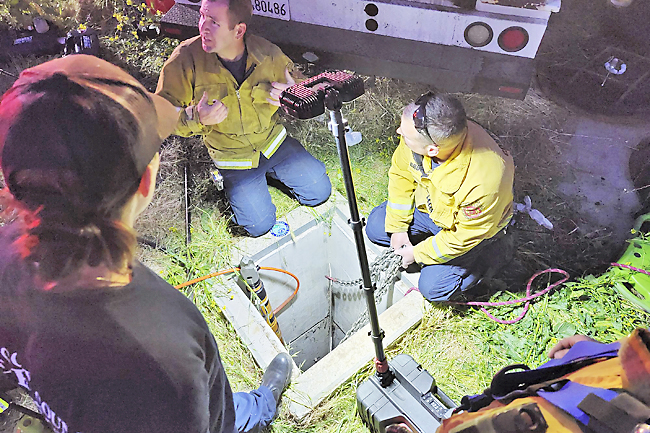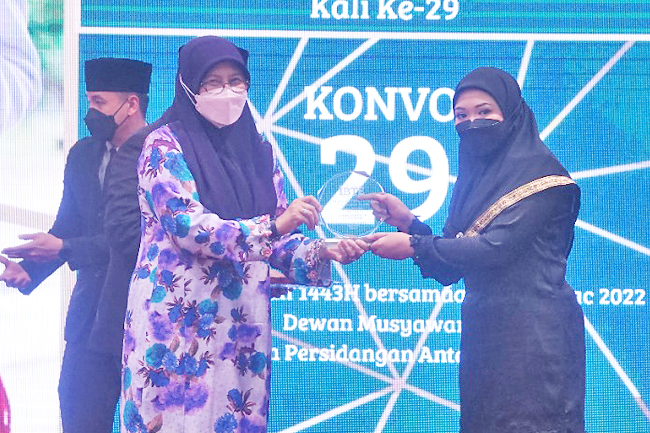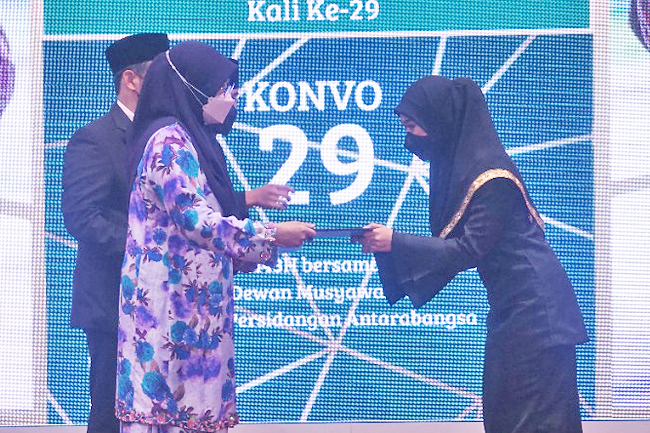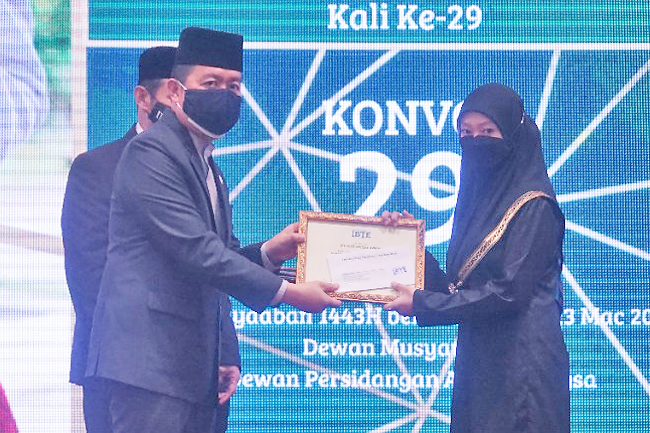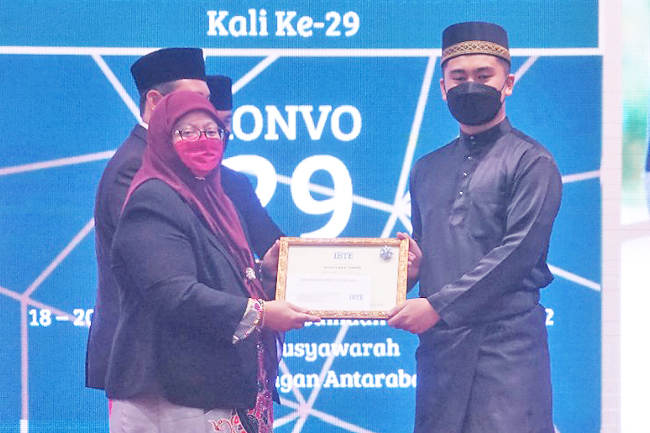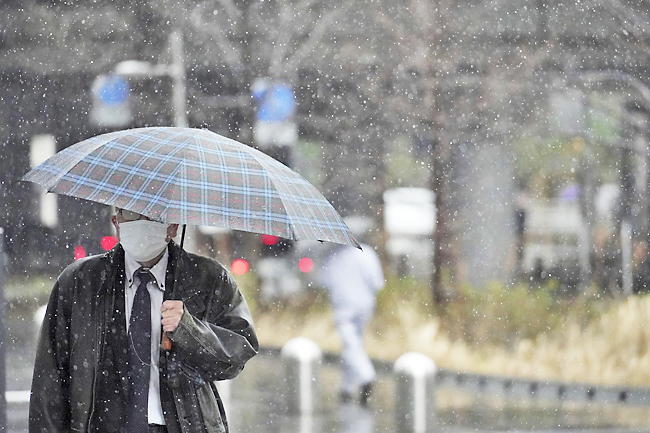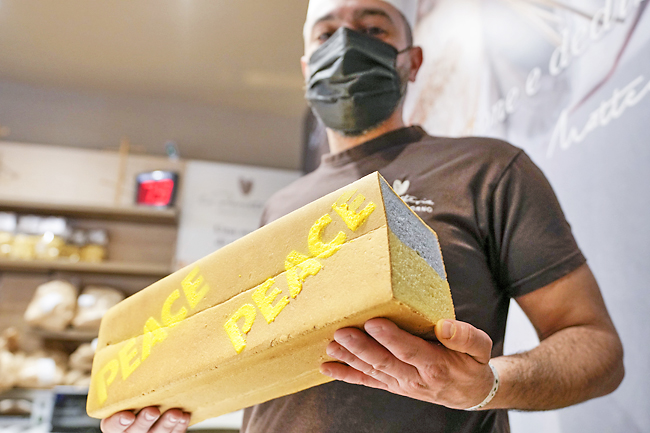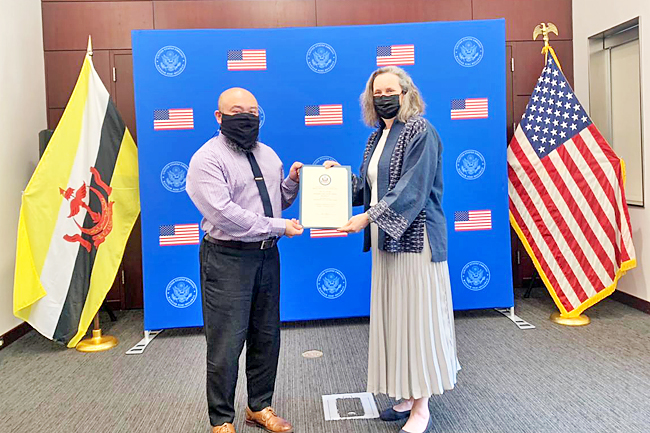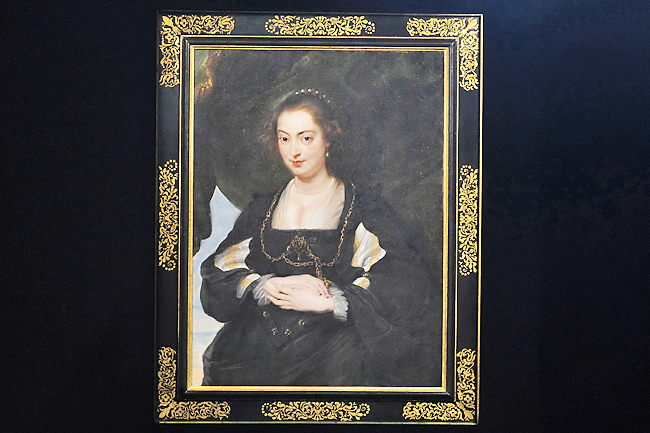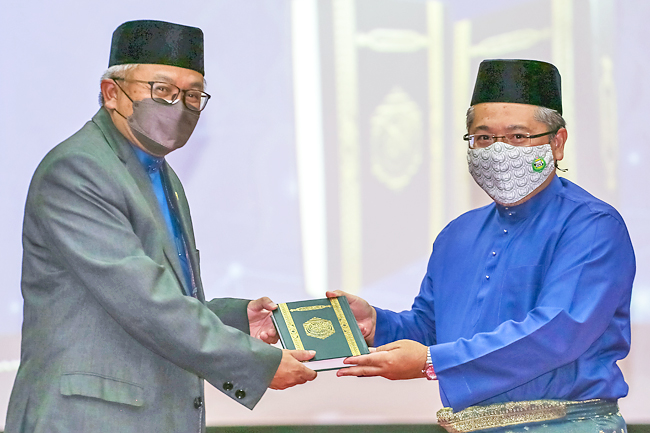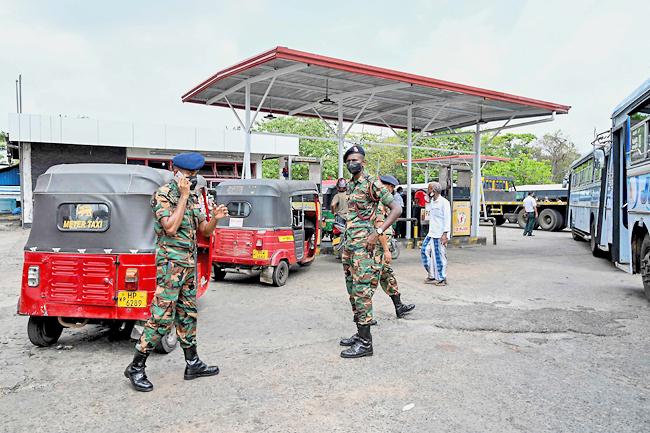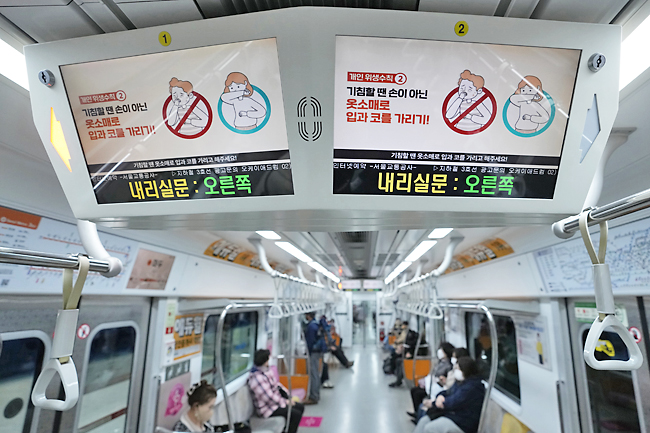ANTIOCH, CALIFORNIA (AP) – A man, who was trapped 15 feet underground for two days in a San Francisco Bay Area storm pipe the width of a large pizza, was rescued in an effort that lasted hours and involved at least 50 firefighters, police officers and rescue personnel, officials said on Monday.
Officials freed the man from the 16-inch pipe around 9.30pm on Sunday in Antioch, said Contra Costa County Fire Protection District spokesperson Steve Hill.
“When we finally got him out of the ground, he was beyond exuberant. He was beyond happy to be above ground,” Hill said.
The man, in his mid 30s, was not injured but showed signs of dehydration and was taken to a hospital to be evaluated, Hill said.
Hill said the man entered the extensive storm water system intentionally and at one point reached the area of the narrow pipe and became stuck.
“He couldn’t get through and he couldn’t go back,” he said.
The man told officials he had been trapped for about two days before passersby heard his screams and called 911.
“Somehow people passing by on a walking path some distance away from the stormwater system managed to hear his cries for help. That’s fairly miraculous because it was pretty windy out there,” Hill said.
He added that the high-risk rescue operation involved four firefighters with their own air supply entering the underground space from one direction while other rescuers dug a second access from the opposite side.
They had to clear branches, garbage and other debris to reach the man, who was able to communicate with authorities the entire time.
